

Incorporating critical thinking and relationship based interventions with complex families.

We recognise that this is a challenging time for the social work profession and statutory social work in particular. The Munro Review of Child Protection highlighted the complex nature of child protection work and the importance of ensuring that the professional judgement of social workers working with children and families with complex problems is of a high calibre.
Set against a backdrop of welfare reform, marketisation of services and austerity measures, the National Centre for Post-Qualifying Social Work is pleased to bring you our first child protection conference, which will focus on:
- Critical reflection in child protection
- Reflective leadership and the consequences of diminishing services
- The role of supervision
Speakers
Gillian Ruch
Gillian Ruch has a background in professional practice as a social worker with experience of working in statutory child care teams. Her research interests relate to child and practitioner well-being and in the contribution of reflective practice to professional education, practice and research. She is particularly interested in developing understanding of reflective practice as a mode of support for professional practice and as a research method.
Find out more about Gillian / Publications
Siobhan Maclean
Siobhan qualified as a social worker in 1990. She has worked in a variety of settings including children’s services, learning disability services and mental health services. She has been a foster carer, an approved social worker and a practice educator. Siobhan now manages Kirwin Maclean Associates Limited. She acts as a researcher, trainer and consultant for a range of social care and social work organisations. Siobhan also retains practice experience by acting as a Practice Educator. Siobhan is the European Honorary Secretary for the International Federation of Social Workers.
Find out more about Siobhan
Nushra Mansuri
Nushra Mansuri currently works for the British Association of Social Workers as Professional Officer in England. One of her key responsibilities is leading on children and families social work. Nushra compiled BASW’s response to Professor Munro’s review on child protection and also BASW’s evidence to the Justice Select Committee’s Inquiry into the workings of family courts. Nushra regularly acts as BASW’s spokesperson on child protection issues and has appeared on BBC Breakfast TV, This Morning, Channel 4 News, BBC News, Sky News, Dispatches, the Tonight programme, Radio 4 and a variety of national, international and local media.
Find out more about Nushra
Jane Wonnacott
Jane Wonnacott is Director of In-Trac Training and Consultancy, UK, and is a qualified social worker, independent trainer and consultant. She has a long-standing interest in supervision and has trained social work supervisors across the UK.
Find out more about Jane /Publications
For any enquiries, please contact: Lucy Morrison (lmorrison@bournemouth.ac.uk) or Emily Rosenorn-Lanng (elanng@bournemouth.ac.uk)

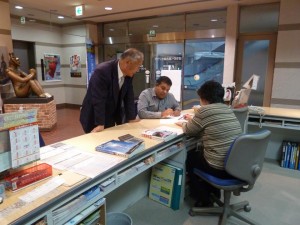
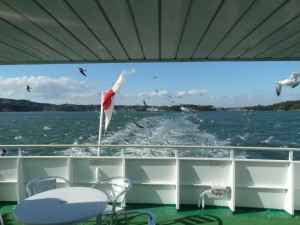
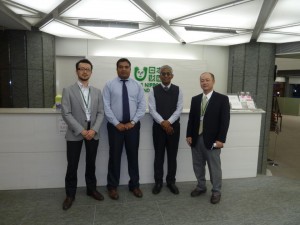
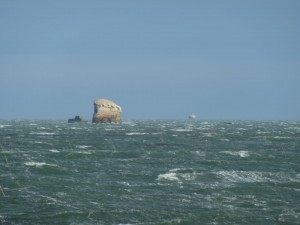
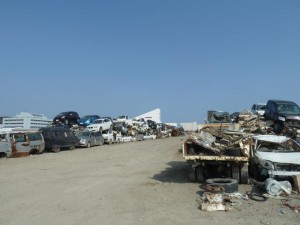


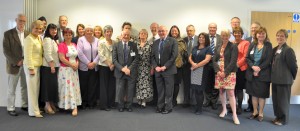
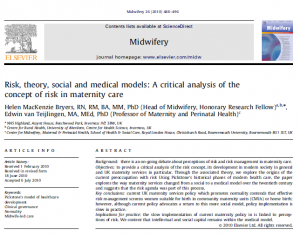




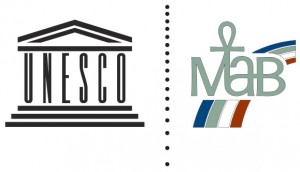
 In my role, frequently I am asked about what is impact and how engagement work can lead to impact. There is, sadly, no easy answer to these questions – which proves especially challenging in the development of impact case studies for the REF or research proposals requiring an impact summary and a pathways to impact statement. To an extent, appropriate engagement and impact is highly dependent upon the nature of the research in question and the researcher(s) involved – but again that does not provide any easier answers on how to develop impact or demonstrate excellence. With the REF2014 submission looming in November, much discussion of impact seems to focus on the difficulties associated with writing impact case studies, understanding our approach to impact since 2008 and what will be our future impact strategy. Thus, much discussion of impact is tainted with negativity, not helped by wider discussion around the funding of research and what is most beneficial to society.
In my role, frequently I am asked about what is impact and how engagement work can lead to impact. There is, sadly, no easy answer to these questions – which proves especially challenging in the development of impact case studies for the REF or research proposals requiring an impact summary and a pathways to impact statement. To an extent, appropriate engagement and impact is highly dependent upon the nature of the research in question and the researcher(s) involved – but again that does not provide any easier answers on how to develop impact or demonstrate excellence. With the REF2014 submission looming in November, much discussion of impact seems to focus on the difficulties associated with writing impact case studies, understanding our approach to impact since 2008 and what will be our future impact strategy. Thus, much discussion of impact is tainted with negativity, not helped by wider discussion around the funding of research and what is most beneficial to society.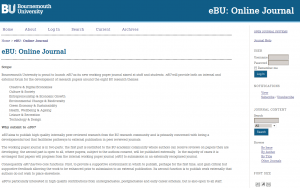























 New weight change BU paper
New weight change BU paper One week to go! | The 16th Annual Postgraduate Research Conference
One week to go! | The 16th Annual Postgraduate Research Conference Geography and Environmental Studies academics – would you like to get more involved in preparing our next REF submission?
Geography and Environmental Studies academics – would you like to get more involved in preparing our next REF submission? Congratulations to three former BU staff
Congratulations to three former BU staff MSCA Staff Exchanges 2024 Call – internal deadline
MSCA Staff Exchanges 2024 Call – internal deadline Applications are now open for 2025 ESRC Postdoctoral Fellowships!
Applications are now open for 2025 ESRC Postdoctoral Fellowships! Horizon Europe – ERC CoG and MSCA SE webinars
Horizon Europe – ERC CoG and MSCA SE webinars MaGMap: Mass Grave Mapping
MaGMap: Mass Grave Mapping ERC grants – series of webinars
ERC grants – series of webinars